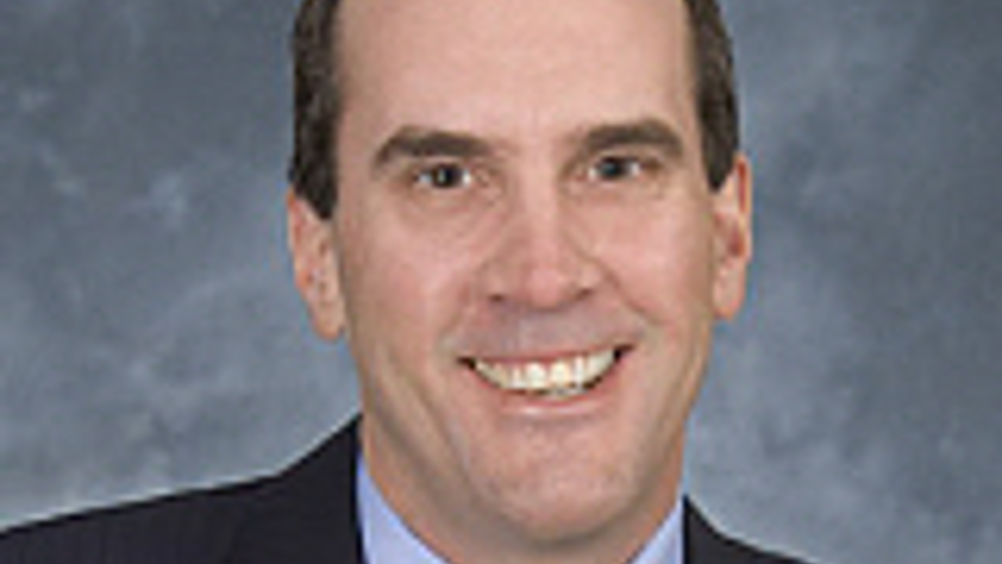‘New era’ begins, says AMD’s ceo
1 min read
AMD's agreement with Intel to effectively 'bury the hatchet' has been described by AMD ceo Dirk Meyer, pictured, as the 'beginning of a new era'. "The game has changed," he noted. "It is an important milestone for us, for our customers, our partners, and most importantly, for consumers and businesses worldwide."

He conceded the agreement represented the culmination of many years of litigation between the two companies. As part of the deal, any outstanding actions are being dropped.
While the agreement is likely to save both companies a lot of legal expenses going forward, AMD's executive vice president of legal, corporate and public affairs Tom McCoy claimed the agreement wasn't about money. "It's about the marketplace. What's important is that it signals a new era in which we're trying to redefine the path to a competitive market."
Although the spat has been centred around the x86 markets and alleged malpractice on Intel's part, the cross licensing aspect of the agreement covers a wide range of technologies. Meyer noted: "The disputes that have divided AMD and Intel related to x86 technology and the agreement relates to this. However, the patent cross license covers all products."
The deal also affects GlobalFoundries, established by AMD and Advanced Technology Investment (ATIC) earlier this year as the Foundry Company to handle all AMD's manufacturing. Since then, the company has been renamed and has acquired Chartered Semiconductor.
GlobalFoundries has been treated by AMD as a subsidiary under the terms of a previous Intel/AMD patent cross license. However, Intel has claimed that 'various aspects' of the transaction breached that cross license and believed that, 'by using, manufacturing, selling, offering to sell and/or importing products using Intel's patented inventions without a license', AMD and GlobalFoundries infringed its patents. This agreement closes that discussion.
Meyer noted: "The agreement gives more flexibility to how GlobalFoundries is structured, particularly in respect of the Chartered Semiconductor acquisition."
McCoy added: "We now have the freedom to make full use of foundries and can now have 100% of our output produced in foundries which don't have to quality as a subsidiary of AMD."
Whether that heralds GlobalFoundries being established as an independent company remains to be seen.












